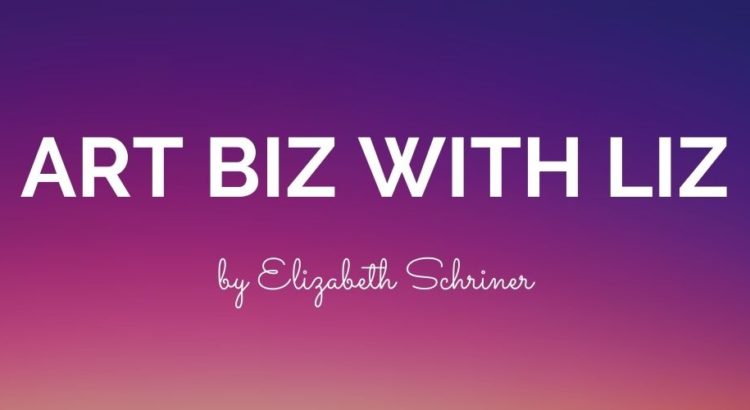This past Wednesday, I had the pleasure of attending an event called “Shaping Creative Lineage: A Poetry Reading + Writing Workshop with Carlina Duan.” The event, presented by Multi Ethnic Student Affairs (MESA), featured Asian-American poet and educator Carlina Duan. While I hadn’t read one of Ms. Duan’s poems until this past year, it was wonderful to hear her read from her collections I Wore My Blackest Hair (Little A, 2017) and Alien Miss (Univ. of Wisconsin Press, 2021). The event was a great opportunity to learn more about what inspired her poems and have a conversation on writing about our own experiences.
In I Wore My Blackest Hair, Duan’s poems tackle topics related to ancestry, identities, and belonging. They also reflect on themes of racial consciousness and growing up. Duan’s second collection of poems, Alien Miss, reflects on the experience of growing up as a diasporic, bilingual daughter of immigrants, introducing tales of both love and survival. It was exciting to hear from both of these collections, especially since Alien Miss came out just this year.
I promise this blog post isn’t just an advertisement, though my excitement may come off as such. The event made me consider what it means to write about our identities. It also encouraged me to reflect on the power our creative action holds. For artists like Duan, the question of responsibility is raised. What pressures and influences do we have in creating art when existing representation may be limited? For art so language-based, how can we create care and active thinking in the language we use within our communities? These questions raise more questions regarding what we owe to ourselves and our own vulnerability.
While I still enjoy it, early literature of Asian Americans is often wrapped around imagery of chopsticks and white rice. These concepts alone don’t capture the complexity that is the human experience, and people like Duan are disrupting some of these images through their art. I was impressed with how she uses poetry as an expansion of historical archives, infusing her words with other texts and lineages. When it came to “creative lineage,” however, I was a little confused by what she meant. I assumed it must refer to our ancestral line, the history that gave way to who we are today. I learned that creative lineage is not just our ancestors, but the people who inspire you. These individuals could be people who came before you, but it can also be your friends.
To generate discussion on the topic during the event, Duan raised several questions: Who are you accountable to? Who lives in your creative lineage? Who are the thinkers, makers, and people who you carry with you each time you enter a room for solace, support, community? When I sit down to write, I often consider myself alone with my thoughts. But that’s not necessarily true. When I write, there are often a chorus of people in the room with me, hundreds of memories and experiences impacting who I am and what I create. Creative lineage is talking about these people as well as the spaces I live in and am descended from.
I’ve discussed my unfamiliarity with poetry before on Arts, Ink. I generally consider myself a beginner when it comes to interpreting and writing poetry; however, I still hold an appreciation for the medium it provides in exploring the complexities of identity, emotions, and experiences we hold. I also believe the lessons and questions raised in Duan’s workshop—including the concept of creative lineage—can be applied to all kinds of art, not just poetry. Moving forward, I’d like to consider this idea of creative lineage in my own work. Perhaps you will, too.



Leave a Reply
Be the First to Comment!